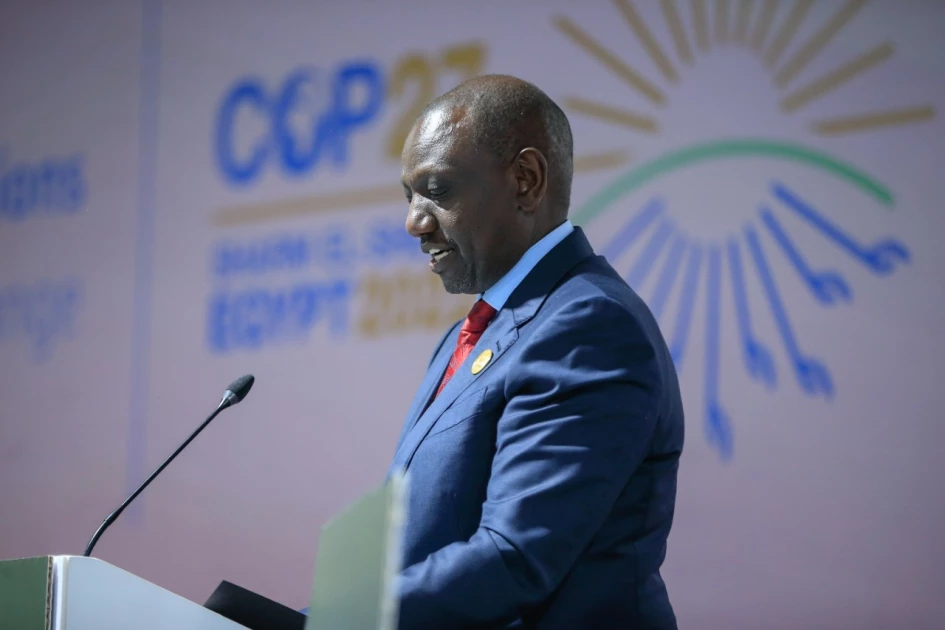A retired military officer has sued President William Ruto and Attorney-General Justin Muturi for revoking his appointment as chairman of the Board of Directors for Kenya National Trading Corporation (KNTC).
Captain Paul Rukaria, a retired commissioned officer of the Kenya Defence Forces, had been appointed by former president Uhuru Kenyatta on August 5, 2022 -four days to the Presidential elections -for a term of three years.

President Ruto, however, revoked the appointment as through a gazette notice dated February 6, 2023. He replaced him with Hussein Tene Debasso, who was vying for Isiolo 2022 governorship race.
Feeling aggrieved by the move Mr Rukaria on Wednesday sued the President and the AG contending that the revocation was unlawful.
He wants the appointment of his successor suspended pending the hearing of the suit and eventually nullified and he be reinstated to the position.
He has sued President Ruto in his personal capacity as the first respondent in the suit.
Mr Rukaria claims that there was no consultation with State Corporations Advisory Committee before revocation of his appointment.
“Section 7(3) of the State Corporations Act is clear that before the President can revoke the appointment of any Board member, there has to be cogent reasons for the said revocation and that the same must be subjected to consultation with the state Corporation Advisory Committee,” says Mr Rukaria.
He alleges that the President violated the Constitution and the Act and that the President had no capacity to appoint Mr Debasso because at the time there was a substantive office holder of the position.
He is also aggrieved that he was not given reasons for revocation of his appointment “in line with principles of good governance and accountability”.
“I was neither notified nor informed of the impending degazettement and had to embarrassingly found about the same from social media and incessant calls from friends and relatives. Needless to say, no reasons were given for the said prejudicial action,” Mr Rukaria claims.
Alleging infringement of his rights, Mr Rukaria says he was not served with any notice of intention to revoke his appointment and that no reasons were offered.
In addition, that he was not invited to any hearing to establish his suitability to hold the office as Chairperson of the Board of Directors of the Corporations and that he was not charged or suspected of committing any offence that would make it unsuitable for him to hold the office.
He adds that there is no evidence that Mr Debasso’s appointment was “objective, an impartial and not influenced by nepotism, favourism, other improper motives or corrupt practices”.
He claims that as a retired KDF officer, he discharged his duties as the chairperson of the Board of Directors of the State Corporation with dedication, integrity and without fear or favour from the date he was appointed to the benefit of the nation.
“I assiduously performed my duties with dedication and integrity putting the interests of the state corporation first for the public good,” he claims in his affidavit.
According to him, the President can only revoke the appointment of any board member after being satisfied (cogent reasons) that the said member has failed to carry out his/her functions in the national interest and if the said member ceases to hold office.
Pending the hearing and determination of the suit, Mr Rukaria wants court to suspend the revocation.

















